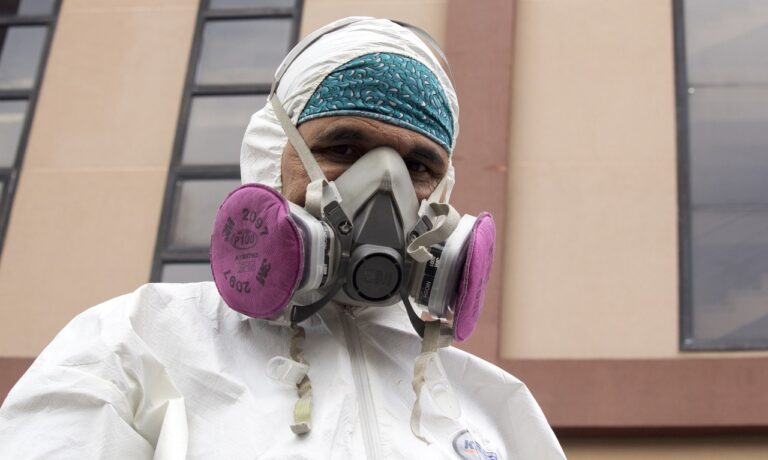Regulatory Considerations for Biosimilar Parasiticides for Animal Health: Betbhai9 whatsapp number, Play exch.in, Lotus365.win new id
betbhai9 whatsapp number, play exch.in, lotus365.win new id: Regulatory Considerations for Biosimilar Parasiticides for Animal Health
As the demand for effective parasiticides for animal health continues to rise, biosimilar products are becoming an increasingly popular option. These biosimilars offer a cost-effective alternative to brand-name products while maintaining similar quality and efficacy. However, before these products can reach the market, there are several key regulatory considerations that must be addressed.
Regulatory Approval Process
The regulatory approval process for biosimilar parasiticides is rigorous and requires thorough scientific evaluation. Companies seeking approval must demonstrate that their product is highly similar to the original brand-name product in terms of quality, safety, and efficacy. This process typically involves extensive preclinical and clinical studies to establish the biosimilarity of the product.
Quality and Manufacturing Standards
Manufacturing standards for biosimilar parasiticides are critical to ensure product safety and efficacy. Companies must adhere to stringent guidelines set forth by regulatory agencies to ensure that their manufacturing processes are consistent and produce high-quality products. This includes demonstrating that the product is manufactured in a controlled environment and meets specific quality standards.
Safety and Efficacy Studies
Safety and efficacy studies are essential for proving the effectiveness of biosimilar parasiticides. Companies must conduct thorough studies to demonstrate that their product is as safe and effective as the brand-name product. These studies often involve testing the product in various animal species to determine its safety profile and efficacy in treating parasitic infections.
Post-Market Surveillance
Once a biosimilar parasiticide is approved for use, post-market surveillance is necessary to monitor its performance in the real world. Regulatory agencies require companies to conduct post-market studies to ensure that the product continues to meet safety and efficacy standards. This surveillance helps identify any potential safety concerns or issues that may arise after the product is on the market.
Regulatory Compliance
Regulatory compliance is essential for companies developing biosimilar parasiticides. Companies must ensure that they meet all regulatory requirements and guidelines to avoid delays in the approval process. This includes providing accurate and complete data to regulatory agencies, conducting studies according to regulatory standards, and addressing any concerns raised by regulatory authorities promptly.
FAQs
Q: Are biosimilar parasiticides as effective as brand-name products?
A: Yes, biosimilar parasiticides are required to demonstrate similar efficacy to brand-name products in order to receive regulatory approval.
Q: Are biosimilar parasiticides safe for use in animals?
A: Yes, biosimilar parasiticides must undergo rigorous safety testing to ensure they are safe for use in animals.
Q: How long does it take to get regulatory approval for a biosimilar parasiticide?
A: The regulatory approval process for biosimilar parasiticides can vary, but it typically takes several years to complete all the necessary studies and obtain approval.
In conclusion, regulatory considerations play a crucial role in the development and approval of biosimilar parasiticides for animal health. Companies must adhere to strict guidelines to ensure product quality, safety, and efficacy. By following regulatory requirements and conducting thorough studies, companies can bring effective and affordable parasiticides to the market to improve animal health and well-being.







